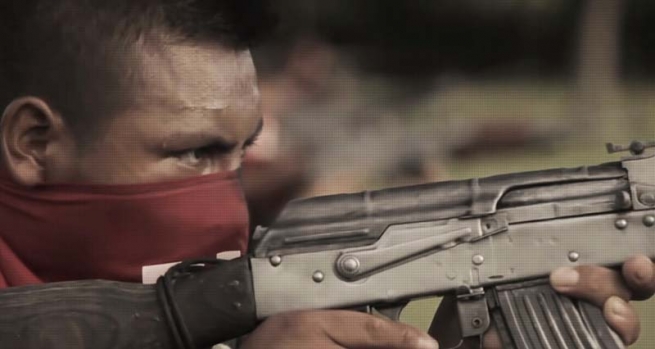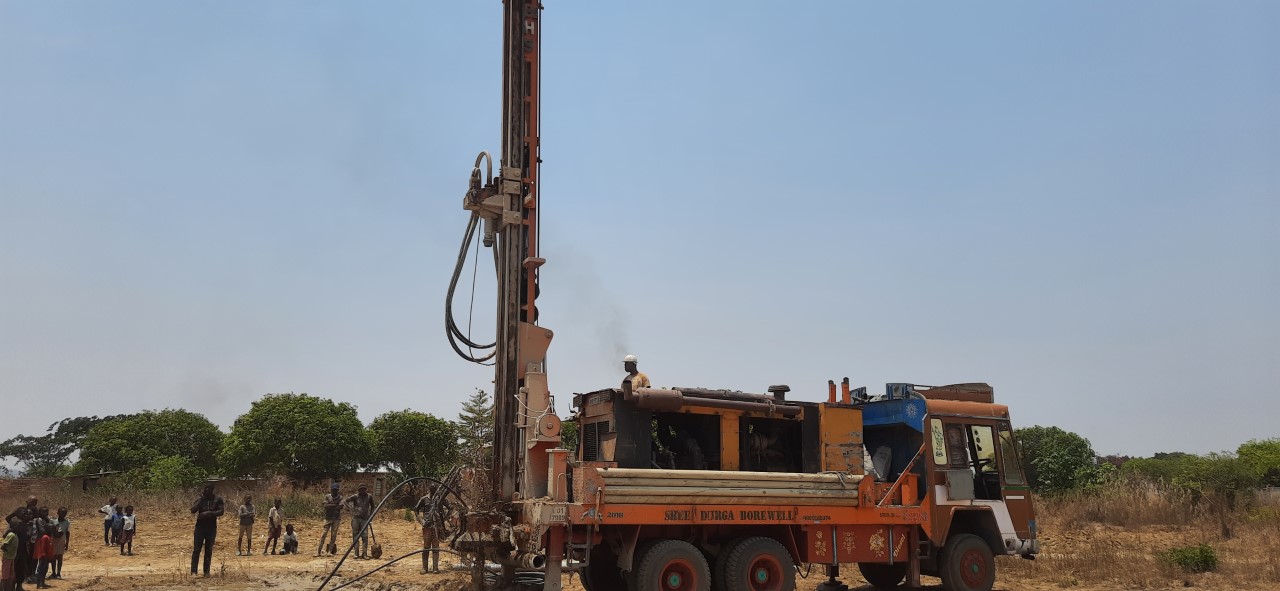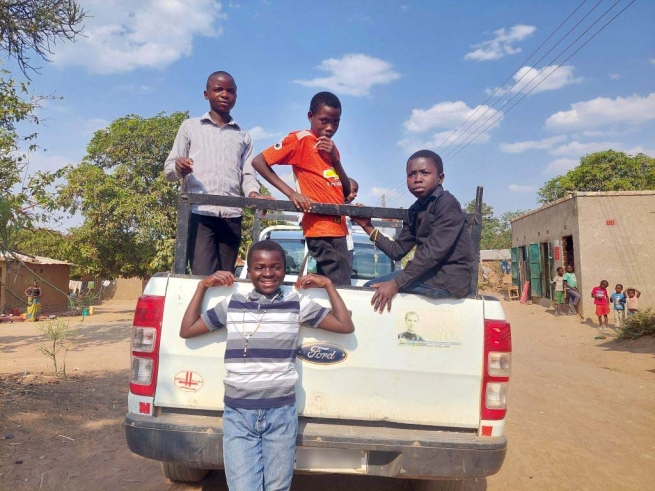COLOMBIA: Salesian Missions highlights work with former child soldiers on International Day Against the Use of Child Soldiers

(MissionNewswire) Salesian Missions joins the United Nations and international organizations around the globe in honoring International Day Against the Use of Child Soldiers. The day was started when the Optional Protocol to the Convention on the Rights of the Child on the Involvement of Children in Armed Conflict entered into force on February 12, 2002. This protocol was adopted by the General Assembly of the United Nations in May 2000 and has been ratified by 167 states.
The UN Office of the Special Representative of the Secretary-General (SRSG) for Children and Armed Conflict noted in a recent article that “the international commitment to end the recruitment and use of children in armed conflict has led to the release and reintegration of more than 5,000 children in 2017; but tens of thousands more remain.” The article went on to note that despite some progress, children continue to be recruited, kidnapped, forced to fight or work for military groups or armed forces.
“These children experience appalling levels of violence, which is likely to have dramatic physical and psychological consequences for the adults they will become. It is our responsibility to show these children that there is hope outside of conflicts, that they can live in peace and security and be allowed to live their dreams,” said Virginia Gamba, SRSG for Children and Armed Conflict.
The article also indicated that once children are released, they face a complex and long reintegration process into their communities. This is something Salesian missionaries know very well. In countries around the globe, missionaries work with former child soldiers so that they may overcome the traumas of war and reintegrate into society.
Early in 2017, Salesian Father Rafael Bejarano, director of Don Bosco City, and James Areiza, program director for child protection, along with two former child soldiers, visited Rome, Italy to present a documentary on former child soldiers’ journeys toward recovery and reintegration. “Alto de Fuego” (“Cease-fire”), the Salesian-produced film, follows the lives of Catalina and Manuel (pseudonyms for their protection), two former child soldiers, who are rebuilding their lives at Don Bosco City after enduring the violence and exploitation of warfare at a young age.
More than 50 years of armed conflict between Colombia’s* many guerrilla movements, including FARC and the National Liberation Army (ELN), as well as paramilitary groups and the Colombian government, has left behind some 8 million victims. Thousands of children have been part of these armed groups, forced to fight and kill at a very young age. These children are also victims, having been robbed of their childhoods, exploited and faced with unimaginable violence.
Nineteen-year old Catalina joined the guerrilla group FARC at the age of 13 after enduring physical abuse by her stepfather and an attempted suicide. When she first joined FARC, she noted that everything was fine, but a mere eight days later, they gave her a gun that was bigger than she was and a week later she took part in her first battle against government forces. She said that eight helicopters attacked her battalion that day.
Manuel spent a year in combat after he joined the guerillas in 2013, when he was just 14. After his brother was killed by his own battalion because he wasn’t good at following rules, Manuel left.
Don Bosco City has been working with youth like Catalina and Manuel for 53 years and has saved more than 1,300 youth from a life of violence. It is estimated that close to 6,000 minors are still utilized as child soldiers with thousands more having reached their 18th birthday after years of combat. The long rehabilitation process focuses on three things youth need to learn—how to trust, to have hope for the future and to build relationships with others. Psychologists and teachers work together with youth, giving them the tools for a better future, including basic education and more advanced skills training that will lead to stable employment.
Don Bosco City is one of the oldest and largest programs for street children in Latin America. Since its start in 1965, the program has rescued more than 83,000 boys and girls. Through the program, Salesian missionaries offer a multi-pronged approach designed to address the broad social issues that contribute to the poverty and exploitation youth face while training them in the skills necessary to break the cycle of violence and poverty. Currently, there are 900 youth between the ages of 8 and 12 living and receiving education at the program.
“We know that access to education lays the foundation for a better future,” says Father Mark Hyde, director of Salesian Missions, the U.S. development arm of the Salesians of Don Bosco. “In Colombia, where almost 20 percent of school-age children do not attend school, it is crucial that we offer this opportunity to as many youth as we can, especially youth who were child soldiers or abandoned and living on the streets because there is no one else there ensuring their safety and long-term recovery.”
###
Sources:
Salesian Missions – Colombia
The Pope Video 12 – Child soldiers – December 2016
Reliefweb – More than 5,000 Children Released in 2017 – International Day against the Use of Child Soldiers
World Bank – Colombia
*Any goods, services or funds provided by Salesian Missions to programs located in this country were administered in compliance with applicable laws and regulations, including sanctions administered by the U.S. Department of Treasury’s Office of Foreign Asset Control.




